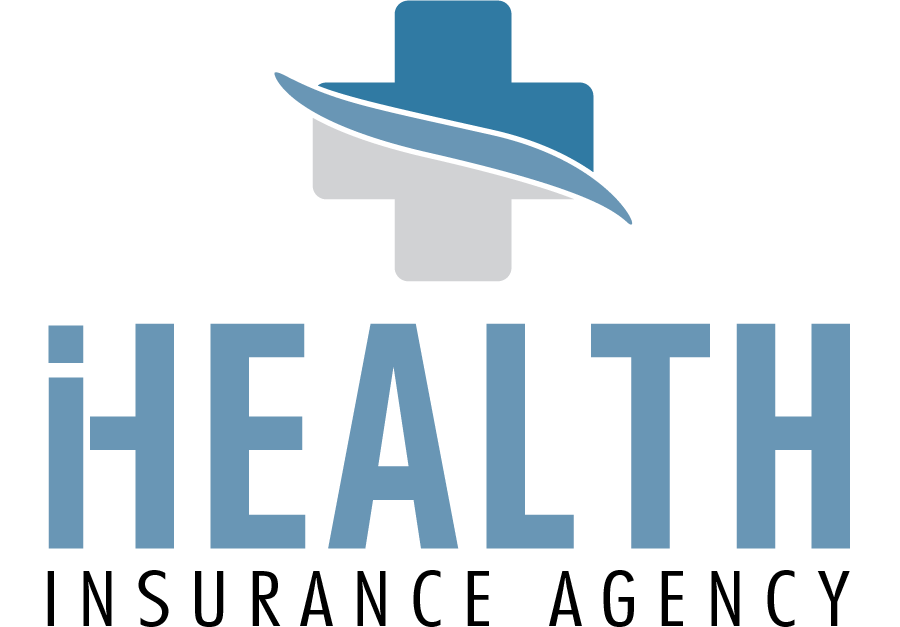Medicare Part A: Essential Health Coverage
At iHealth Insurance, we understand that navigating Medicare can be overwhelming. That’s why we’re here to help you know it all so you can get the coverage that fits your needs. Whether you’re nearing 65 or are already eligible, we’ll walk you through the key details to ensure you’re fully prepared.


What Medicare Part A Covers
Medicare Part A helps with the cost of inpatient services that are essential for your recovery and medical treatment:
- Hospital Stays: This covers room accommodations, meals, nursing care, and medical supplies during your hospital stay. This ensures you get the care you need when admitted for an illness or surgery.
- Skilled Nursing Facility Care: After a hospital stay, if you need rehabilitation or therapy, Part A helps cover short-term stays in skilled nursing facilities, providing the necessary care for your recovery.
- Hospice Care: For those facing a terminal illness, Part A provides hospice services, including pain management, palliative care, and emotional support for patients and their families.
- Home Health Care: If you need intermittent skilled nursing care or therapy at home, Medicare Part A may cover these services, allowing you to recover in the comfort of your home.
While Part A covers a lot, it’s important to note that it does not cover long-term care or non-medical services like custodial care.
IHealth Insurance One
How to Enroll in Medicare Part A
For most people, Medicare Part A is automatic if you’re already receiving Social Security or Railroad Retirement benefits. You’ll receive your Medicare card about three months before your 65th birthday.
If you’re not automatically enrolled, you can sign up during your Initial Enrollment Period, which starts three months before you turn 65 and lasts for seven months. If you miss this, there’s also a General Enrollment Period (January 1 – March 31), but your coverage won’t start until July 1.
Some people may qualify for a Special Enrollment Period if they have employer health insurance and choose to delay enrollment.
Affordable &High-quality
Health insurance


Costs of Medicare Part A
Medicare Part A is free for most people who have worked and paid Medicare taxes for at least 10 years (40 quarters). If you don’t meet this requirement, you can still purchase Part A, but you’ll need to pay a monthly premium.
Even if Part A is premium-free, there are still costs like:

Deductibles:
You must pay an annual deductible for each benefit period before Part A kicks in.

Coinsurance:
If you stay in the hospital longer than 60 days, you must pay coinsurance for the additional days.

Skilled Nursing Facility Care:
The first 20 days in a skilled nursing facility are covered, but starting day 21, you’ll be responsible for coinsurance costs.
How to Maximize Your Medicare Part A Benefits
Medicare Part A provides crucial coverage, but it doesn’t cover everything. To avoid unexpected costs, many people choose additional coverage options:
- Medicare Part B: Covers outpatient services like doctor visits, preventive care, and more.
- Medicare Advantage (Part C): Combines Part A and Part B benefits, often adding extra coverage for vision, dental, and prescription drugs.
- Medigap: Helps cover the gaps left by Original Medicare, like coinsurance and deductibles.
By understanding how Medicare Part A works and pairing it with the right coverage, you can ensure comprehensive protection to meet your healthcare needs.



